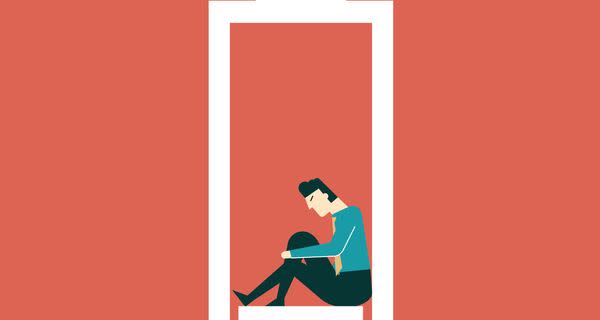'Up To One Million' Will Have Long-Term After-Effects Of Covid-19
We’re here to guide you through the coronavirus pandemic. Sign up to the Life newsletter for daily tips, advice, how-tos and escapism.
The after-effects of Covid-19 are not to be underestimated – and healthcare systems need to sit up and take note.
That’s the message from a rehabilitation consultant based in the UK, who estimates that for up to a million people, the after-effects of the virus could last for a very long time.
Dr Manoj Sivan, associate clinical professor at the University of Leeds and a consultant in rehabilitation medicine in NHS Trusts, said: “Most [infected by the virus] will have experienced a mild illness but a sizeable minority, up to one million, will have after-effects that will last for many months and possibly years.”
Previous outbreaks of Spanish flu, SARS and Ebola have shown up to a third of survivors can suffer from long-term problems, particularly chronic fatigue, which has implications on family life, work and health economy.
“With Covid-19, there is an opportunity to intervene early, provide timely specialist rehabilitation, and ensure people have the best functional recovery and return to their vocation as early as possible,” said Dr Sivan.
Related...
Healthcare systems around the world now need to develop ways of supporting people recovering from Covid-19, he said. If they don’t, there’s a risk people experiencing long-term symptoms – a phenomenon dubbed long Covid – will get worse and put additional strain on already-stretched health resources.
Although Covid-19 starts as an acute infection of the lungs, it can develop into a “multi-system illness” leaving people with symptoms including breathlessness, fatigue, weakness, cardiac problems, as well as cognitive and psychological problems.
Dr Sivan has helped develop a rehab programme...



